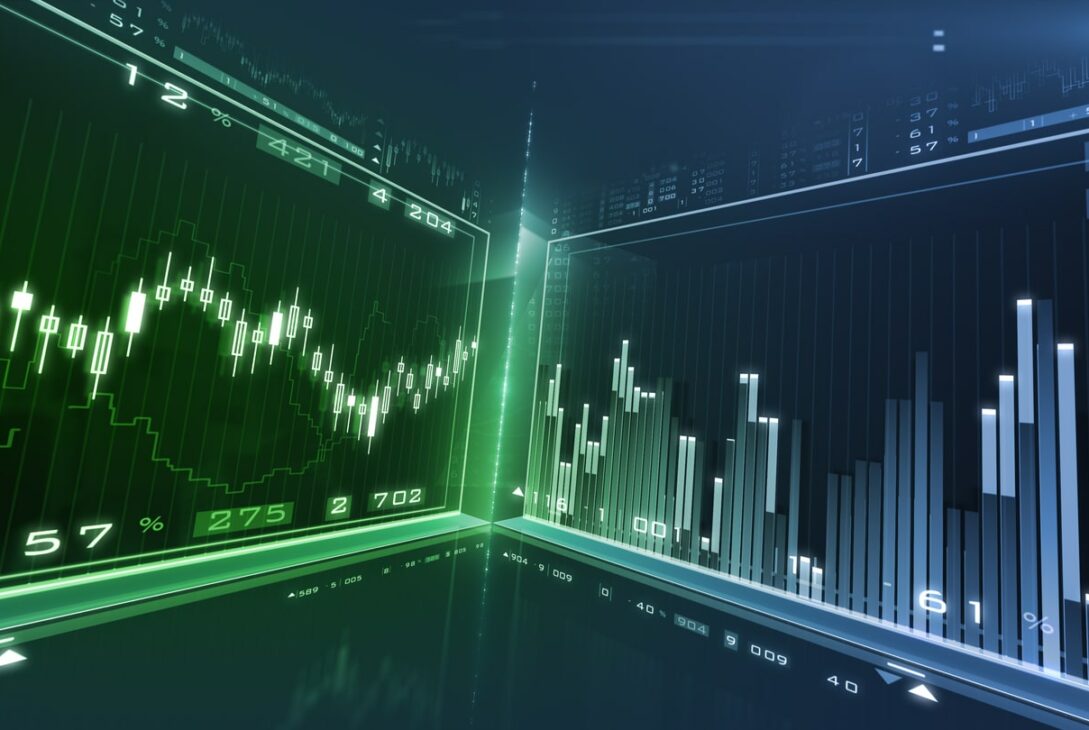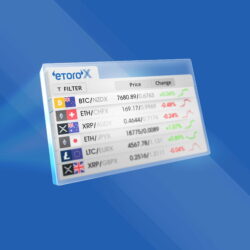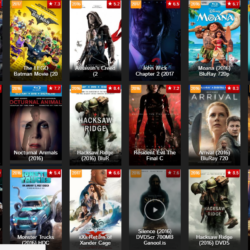The first question that needs asking is, “Which commodities are transferable?”
The answer to this will affect what can be traded. If the commodity cannot be transferred across international boundaries, then it cannot be traded on an exchange.
If there is no corresponding futures contract in the UK, the closest alternative would need to be chosen. Otherwise, if there are multiple contracts, look at which one has more volume or liquidity available for trading.
The higher the volume, the easier it should be for you to buy and sell your contracts without dramatically affecting prices by increasing supply or demand.
Liquidity allows traders to enter and exit positions with little to no resistance (less effort required). It is essential because it allows traders to predict likely price movements when taking a position accurately.
The S&P 500 futures contract is available in London, but no corresponding German stock index futures are offered. In this case, the closest alternative would be to look for similar stocks that trade well in Germany, such as Adidas or Thyssenkrupp.
In addition to liquidity and transferability, there are other factors to consider when deciding which commodity future to trade in the UK markets.
The relationship between spot prices and futures prices
It describes what traders call “the basis”. If there’s a significant difference between spot prices and futures prices, it can indicate an opportunity to make money through backwardation or contango.
Suppose your chosen commodity future is in a state of backwardation when the spot price is higher than the future price.
There’s more demand for physical delivery (exercising) of futures contracts in that case. It means that spot prices are expected to rise in the future (which you would already know if you knew the current market conditions).
If this happens then, traders can buy and exercise their futures contracts, delivering them at the agreed-upon today’s price and pocketing the difference between that and tomorrow’s higher spot price.
If your chosen commodity future is in a state of contango, when the spot price is lower than the future price, there will be more demand for the physical delivery of futures contracts.
It means that spot prices are expected to fall in the future (which you would already know if you knew the current market conditions).
If this happens then, traders can buy and exercise their futures contracts, delivering them at the agreed-upon today’s price and pocketing the difference between that and tomorrow’s lower spot price. In either case, your profit is locked in when you buy your contract, so it is available to trade immediately rather than waiting for a cash deposit from a buyer or seller of an asset.
Time decay
Time decay is another factor that affects all options equally but must be considered when deciding which commodity future to trade in UK markets: The longer the time to expiry, the more likely it is for prices to move and affect your position.
When trading options, it is essential to be aware of the “Greeks”: Delta, Gamma, Vega and Theta.
The delta states how much a contract will gain or lose as the spot price changes by 1 point (i.e. the difference between now and when your option expires).
Gamma states how much your delta value will change as an underlying asset moves about where it was previously before expiry.
Vega states how much daily theoretical price movement (about current prices) you should expect based on implied volatility (how strongly investors seem to be feeling about potential future outcomes).
Finally, theta states how much your option will gain or lose in value each day due to time decay. Knowing how these factors can affect your trading decisions means you know your risk-reward ratios when deciding which futures to trade in the UK markets.
To summarise
Liquidity, transferability, and the relationship between spot prices and futures prices should be considered when choosing which commodity future to trade.
Link to trading futures for more info.





















